It’s March and once again I have a book guide in honor of women’s history month. In 2022 I shared stories of remarkable women, and in 2023 I shared histories written by women. This year, I am sharing the history of women from a variety of angles. This book guide has a bit of everything from the history of feminism and abortion rights to evolution of mothers and the female body. There’s bound to be something for everyone. Happy reading!
Also, if anyone has ideas or requests for how I can recombine ‘women’ and ‘history’ for 2025, please leave them in the comments!
Material Girls: Why Reality Matters for Feminism
By Kathleen Stock | Published 2021 (Fleet) | Read my review
Anyone who is even lightly paying attention to current culture is aware of the divisive, hyperbolic, and suffocating discourse about sex and gender currently taking place in nearly every corner of our institutions. These debates about sex, gender, and feminism are everywhere: in schools, campuses, business, politics, and sport. It’s nearly impossible to get away from. Stock writes a must-read history of feminism and gender studies, in addition to putting it all together to advocate for her specific perspective on why sex matters for feminism, and for a coherent, logical, and practical understanding of men, women, non-binary, and trans individuals.
Eve: How the Female Body Drove 200 Million Years of Human Evolution
By Cat Bohannon | Published 2023 (Knopf) | Read my review
If you’ve ever wondered about why women produce milk, why we grow our babies inside of us and grow a placenta to nourish the fetus, why we pair-bond, walk, and talk this book is for you. Eve takes a unique approach in its set up. Each chapter is dedicated to one key aspect of human evolution – milk, walking, language, etc – with a focus on how sexually dimorphic evolution and female adaptive problems drove the evolution of each of those human traits. The title of the book is so because in each chapter, Bohannon attempts to find the ‘eve’ or the first evolutionary manifestation of each trait in focus. It’s a fantastically original approach to the topic of female evolution. Bohannon is a fantastic writer with an easy conversational tone making this big book a breeze to get through.
The Exceptions: Nancy Hopkins, MIT, and the Fight for Women in Science
By Kate Zernike | Published 2023 (Scribner) | Read my review
The Exceptions is a narrative history of the fight for women’s equality in science. The story centers on Nancy Hopkins, documenting her education as an undergraduate at Radcliffe (Harvard’s school for women before the university went co-ed) working with the famed James Watson, co-discoverer of the structure of DNA. She went on to graduate school at Yale before returning to Harvard to complete her PhD. She eventually went on to work at MIT. As faculty at MIT, she was regularly excluded, her ideas and lab space taken without consideration, and removed from teaching assignments, despite publishing at a high rate, earning more grant money than her peers, and switching research fields three times throughout her career – and excelling each time. Eventually she teamed up with other tenured women at MIT to do what scientists do: collect data to show the patterns of sex discrimination across pay, space, teaching assignments, grants, and decision-making power at the university. The efforts of these women have had lasting impacts on science today.
T: The Story of Testosterone, the Hormone that Dominates and Divides Us
By Carole Hooven | Published 2021 (Holt) | Read my review
You may be wondering why a book on a ‘male’ hormone is on a women’s history book list. Well, because Hooven’s book is important to show the details of sex-differentiated development and outcomes and why this knowledge is so foundational for women’s rights. Whereas many sex-differences that social scientists study, say personality traits or height, have clear mean average differences, they also have considerable overlap to the point where it’s relatively easy to think of a man you know that is shorter than a woman you know. But T is different. It’s a true bimodal distribution with no overlap among healthy men and women. Now that’s a sex-difference!
Pro: Reclaiming Abortion Rights
By Katha Pollitt | Published 2014 (Picador)
In the wake of the overturning of Roe v. Wade, it’s crucial to understand the arguments for why women deserve the right to choose. In Pro, Pollitt discusses key aspects of the abortion debate, including the personhood argument, the priority of the woman’s’ life and wellbeing, and why the right to abortion is a public good. She also shares data showing that abortion is a relatively common aspect of women’s reproductive lives (see also Eve on this list). This book was published a decade ago and foreshadowed the long march of pro-‘life’ advocates to erode abortion rights and access in the US.
The Slow Moon Climbs: The Science, History, and Meaning of Menopause
By Susan Mattern | Published 2019 (Princeton University Press)
Humans are peculiar in that women cease reproduction while continuing on to live out a significant portion of their lifespan post-menopause. In The Slow Moon Climbs, Mattern draws on both science and history to provide a comprehensive look at why we experience menopause and how that experience differs across cultures and time. This is a fantastic book that really dives into both the science and history equally and with great accuracy. I thoroughly enjoyed this book and think of it as a one-stop resource for understanding menopause.
Stories of Remarkable Women
Memoirs and biographies have become a beloved genre of mine in recent years. They feature regularly on my annual most interesting book lists, and made up 20% of the books I read in 2021. In honor of Women’s History Month and International Women’s Day, I thought it would be timely to share my favorite stories of women across science and politics. These bo…
Women Writing History Book Guide
March is Women’s History Month and I wanted to write a guide highlighting the great work of women in nonfiction writing. I noticed that many of my favorite history books on my bookshelves are written by women, so I put together this (I might say) amazing collection of books by phenomenal writers. This book guide has incredible diversity of style and top…
This post contains affiliate links, allowing me to earn a small commission when you purchase books from the link provided. There is no cost to you, and this will allow me to keep this newsletter free and open to all. Happy reading!





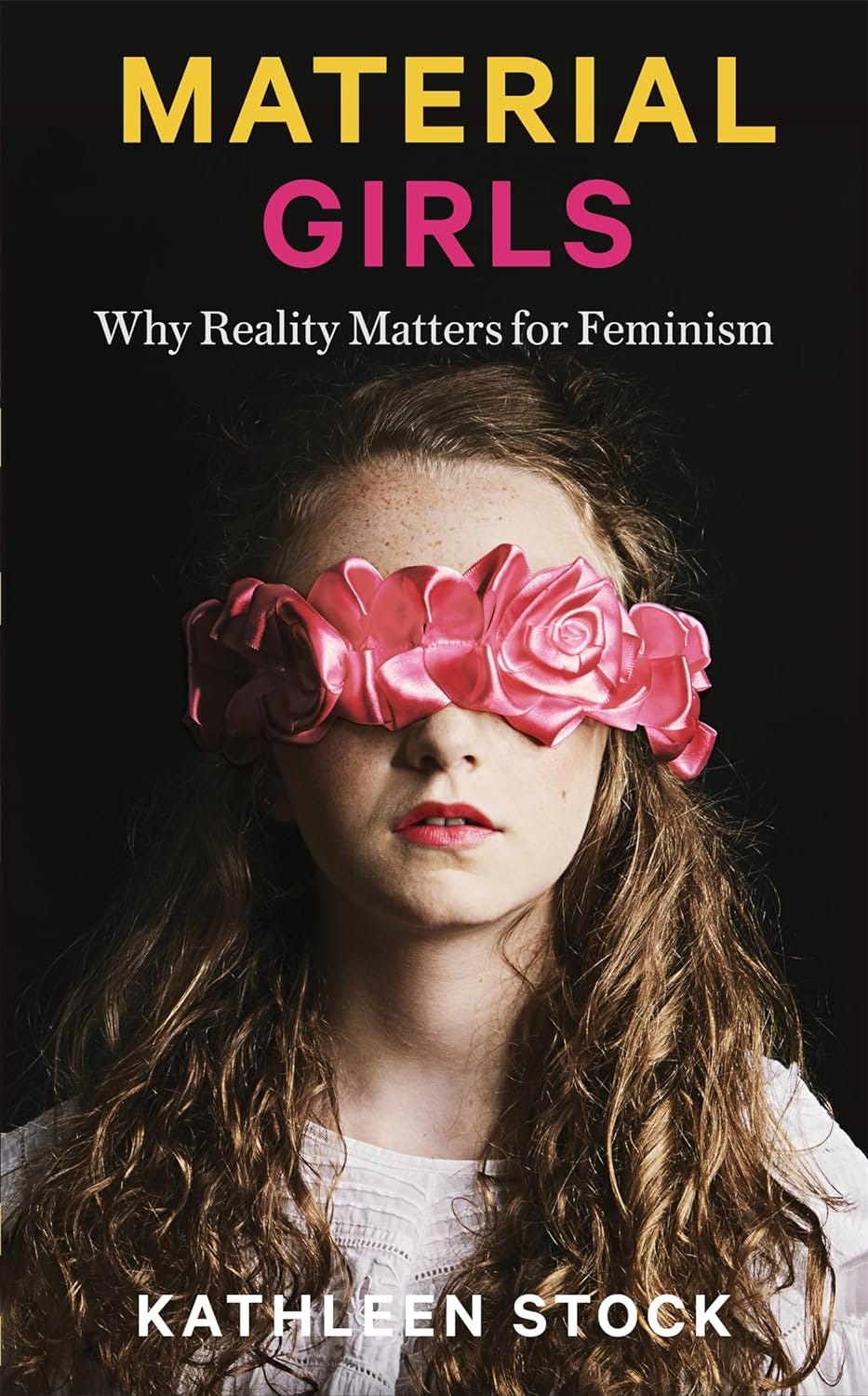
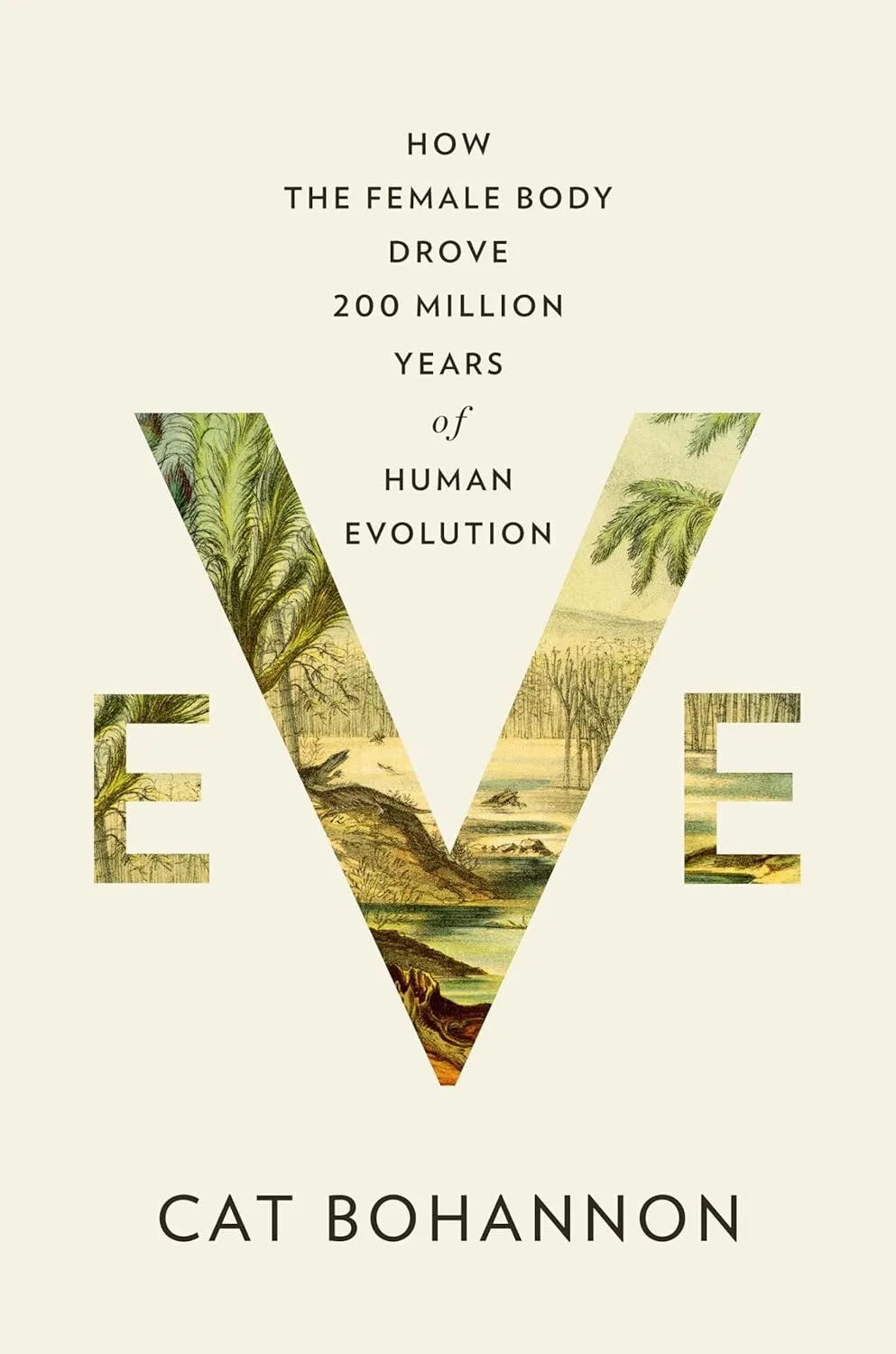
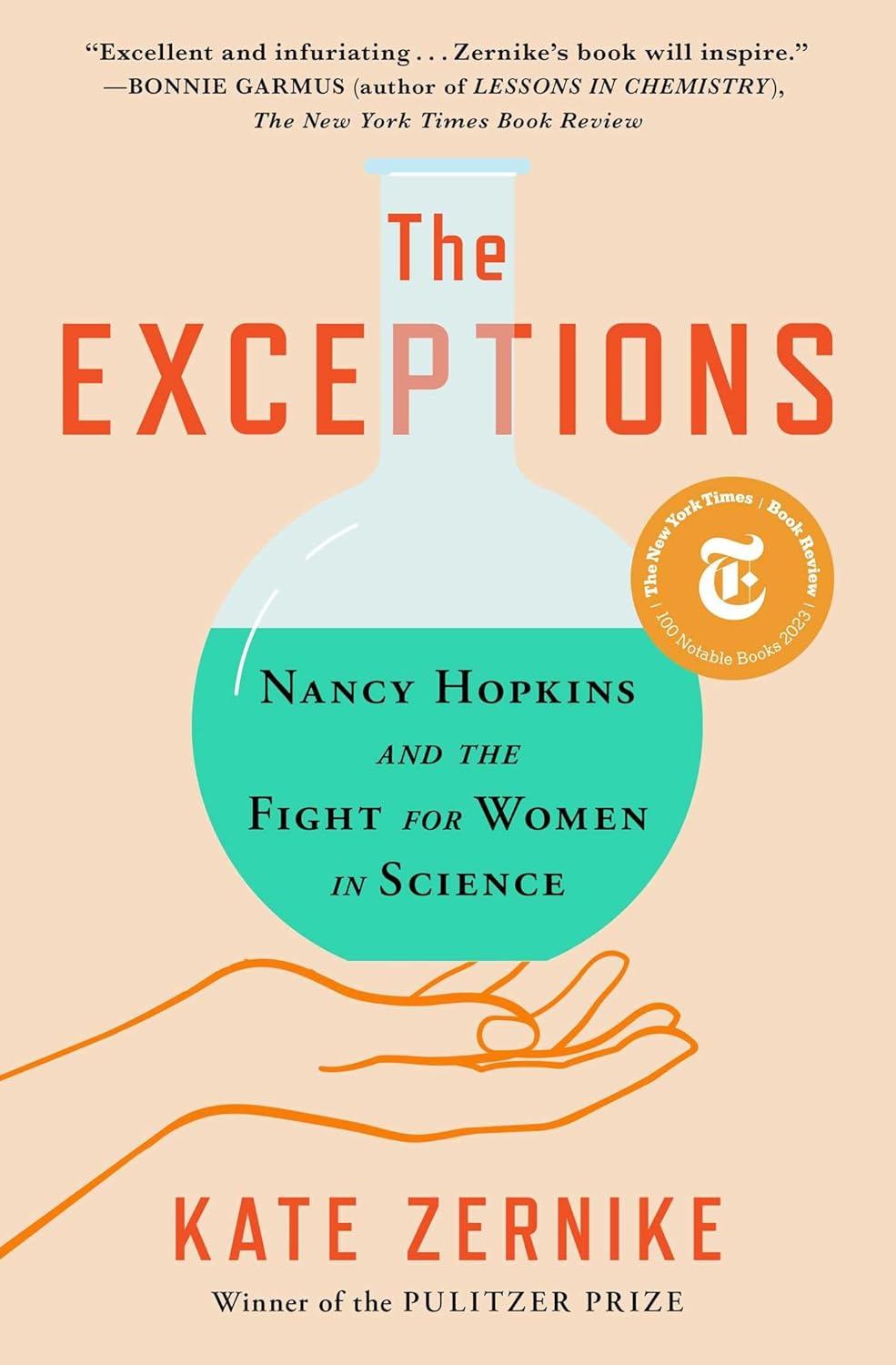
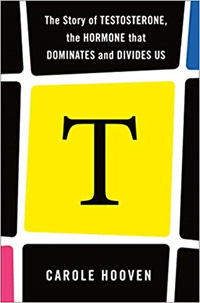
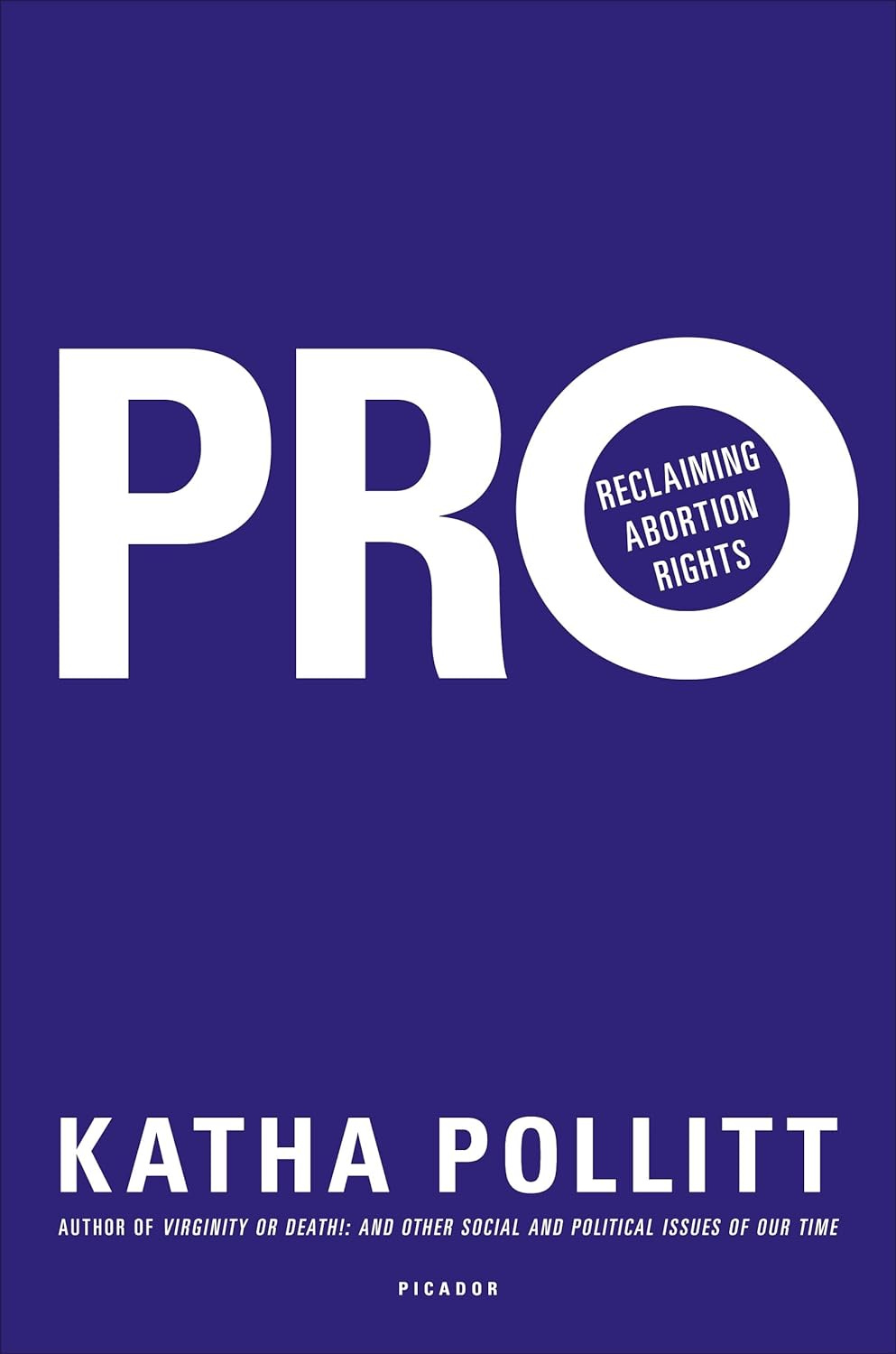
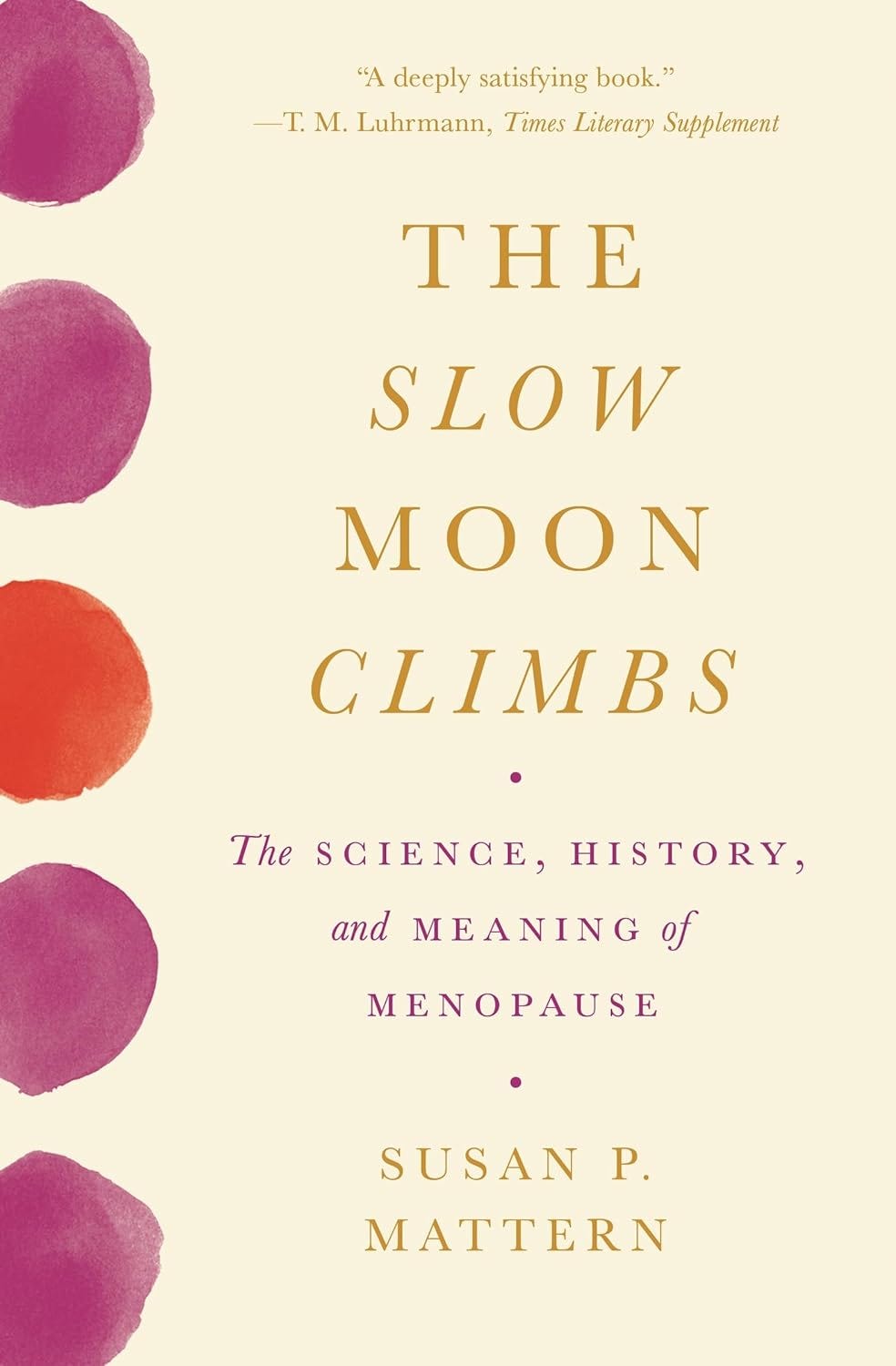


A very interesting list, for next year I would propose books written by female Nobel laureates, like Career & Family: Women's Century-Long Journey toward Equity by Claudia Goldin, you could do fiction and non fiction